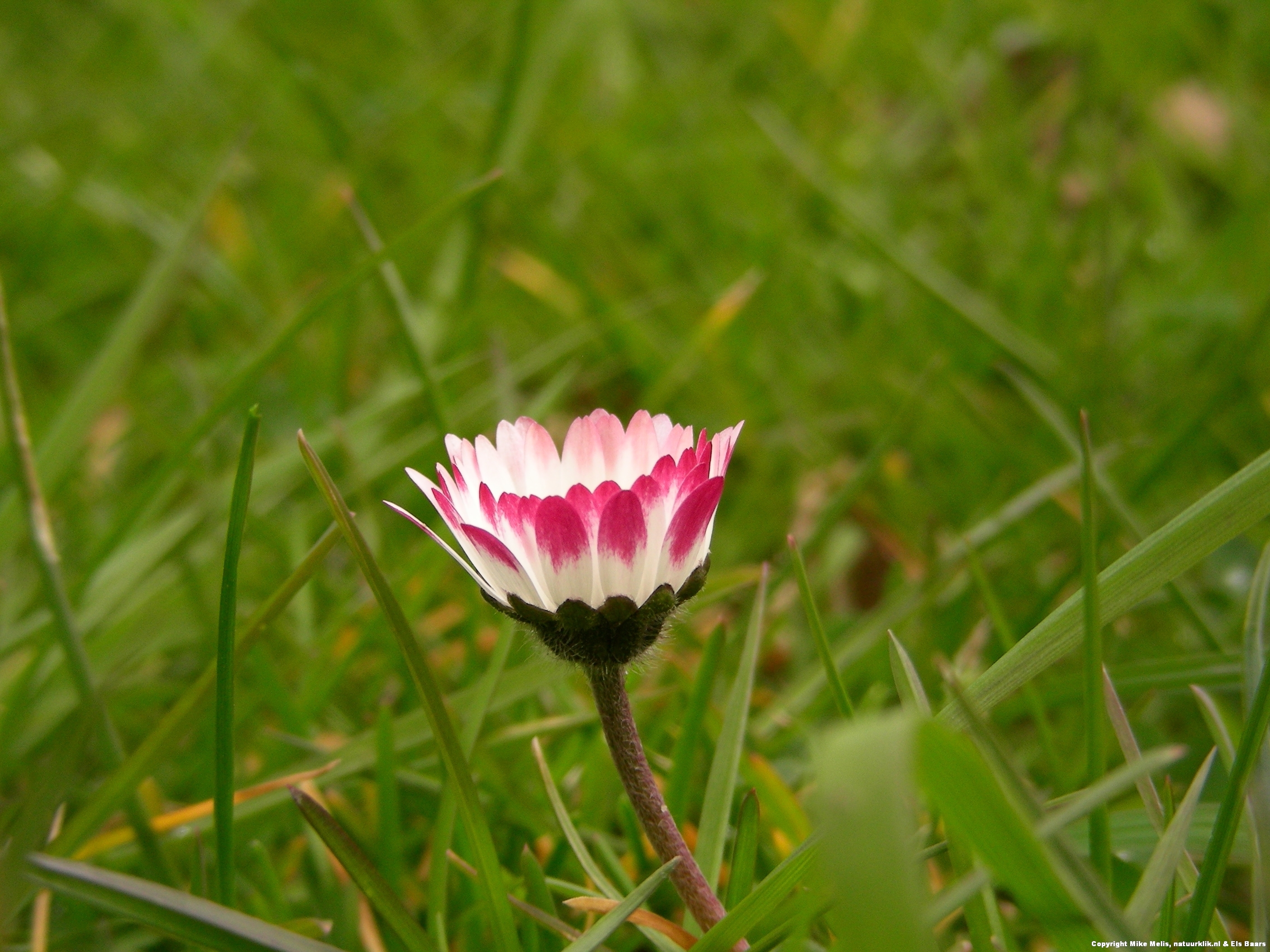In the summer the sides of roads, banks of ditches and edges of the woods turn pink with the blossom of the. In autumn thousands of tiny bits of fluff from the cotton wool ZAADSTRENGEN float here and there through the air. Did you know that the willow-herb was the result of an impossible love affair? Draw closer and listen to this touching tale.
A long long time ago a family of elves lived in a pink rose bush on the edge of a large green wood. Every day the young elves played together ever at the foot of the wild rose bush except on the hottest summer days. To refresh themselves they would then look for a cool spot in the shade of the old trees in the great green wood or they would go for a dip in a clear blue woodland fen.
Not far from the wild rose bush a family of elves were living in a willow tree knotted and bent with age. They were not aware of the elves’ existence. One day a young elf was playing near the foot of the old willow tree, when to her amazement she saw a little dwarf climb out of its trunk. From that day on the two youngsters played together in the cool woodland shade during the hot summers.
As the years went by and they had left their childhood behind them, they fell in love. When the summer neared its end that year, they both admitted to each other that a whole winter without the other was too long to be apart. They wanted to be together forever. One beautiful autumn day they told their parents that they wanted to live together. The amazement and outrage of both parents was immense and they forbid their children to marry. “Elves and dwarves”, as the mother of the young elf quietly said, “do not marry.” The father of the dwarf cried out, “Elves marry elves and dwarves marry dwarves. The sorrowful elf and the sad dwarf asked the Elfin Queen for advice and blessing, but she said: ”A marriage between a dwarf and an elf? All hell would be let loose.
The dwarf went back to his willow and grieved and wept for weeks on end, so that his willow turned into a weeping willow. The little elf also returned to her rosebush on the edge of the wood and cried day after day, such that her tears formed a small rivulet flowing beneath the rosebush. The parents of the dwarf saw the great sadness of their son and feared that he would never be happy again. The parents of the elf too were deeply concerned about their daughter’s health and were scared that she would cry forever for her great love. They went to the palace to ask the Elfin Queen for advice. The Queen could not bear to see so much sadness and one cold autumn day she flew over to see the Dwarf King to consult him on the matter. In their great wisdom they decided together that the two could be together forever, but not as elf and dwarf. That was impossible. They could live together in a new form: that of a plant, the willow-herb. The two lovers happily and gratefully accepted the proposal. So from that day on they lived happily ever after and had many offspring.
How do we know that the willow-herbs we see are offspring of this elf and that dwarf? Take a close look at the willow-herb’s flowers and you will recognize the small elf’s little wings in the fragile pink petals and the fairy wand in the pistil. In the autumn you will recognize the dwarf’s bushy beard in the white fluffy seed pods.
The willow-herb is commonly found growing in open spaces, on the edges of ditches and woods. Though it is a pioneer plant, it mainly propagates itself through its long rootstocks which can be 25 years old displaying annual rings! After the summer flowering the plant produces thousands of fluffy small seeds which are dispersed far and wide by the wind. The seeds retain their capacity to germinate for years. Deer are very fond of the willow-herb. If there are few willow-herbs growing in woodland clearings, then there are probably many deer around. If there is an abundance of willow-herb, then there are few or no deer.
© Els Baars, Natuurverhalen.nl

